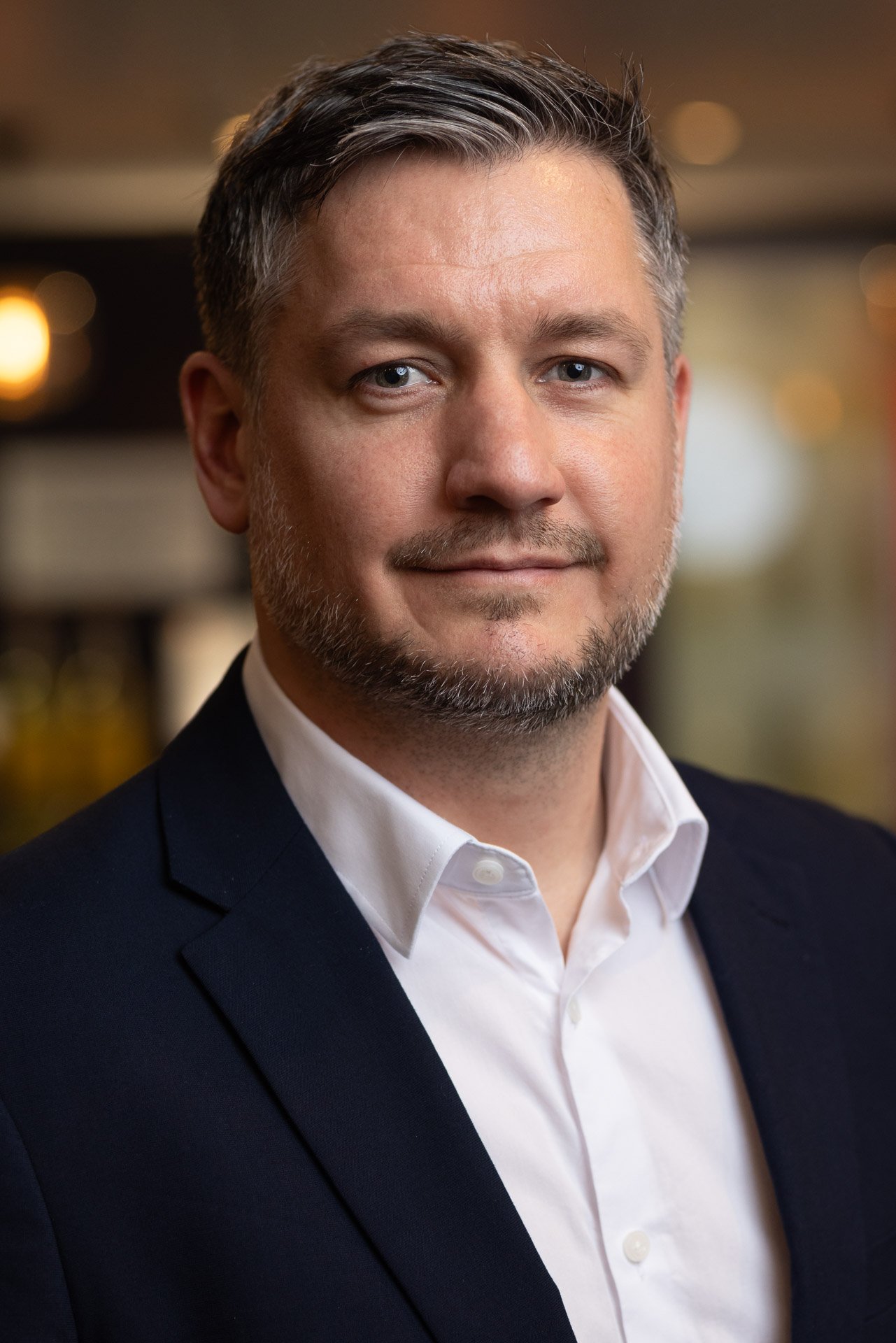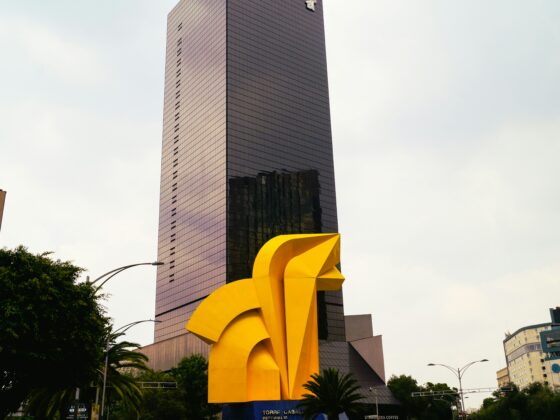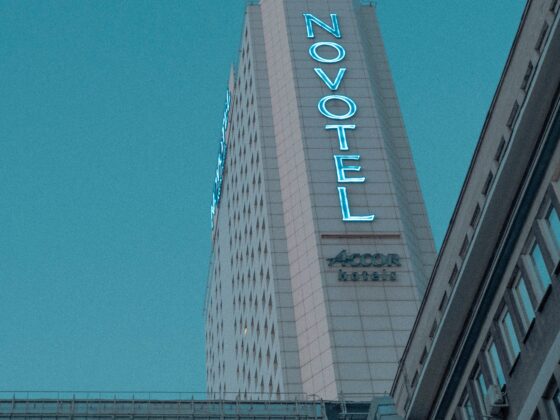
Despite global economic pressures, both business and leisure travel continue to grow, with global tourism rising five percent in the first six months of 2025. Amidst that growth, the sector is becoming increasingly competitive as more destinations seek to boost their economies and create jobs through tourism.
Previously unheralded destinations such as Qatar, Albania, and El Salvador have all seen 80% or higher growth in tourist numbers since 2019. In Africa, Tanzania leads the way, with a 48% increase in visitor numbers.
Within such a competitive landscape, it would be all too easy for tourism and hospitality operators to jump on the latest travel trends. But too often, that ignores local, on-the-ground realities. To succeed, a more practical approach is needed, which relies less on importing solutions and more on applying a global blueprint and achieving localised innovation.
But what does that blueprint look like? That’s not always a simple question to answer. What works for one organisation in the sector might not work for another. At Valor, however, we’ve found that there are a few steps that make achieving a consistent, “think global, act local” approach significantly easier to implement.
1. Think blueprint, not copy
Your first step should be to ensure that you have the mindset of creating a blueprint, a foundation of proven tools and best-in-class operational standards, from revenue management systems to guest service protocols. We identify what works globally, ensuring these tools are flexible enough to be adapted to any local context, thus starting with excellence rather than from scratch.
2. Don’t just import, embed
Go beyond superficial adaptation, “splashing local colour” by truly understanding local sensibilities and socio-economic landscapes. Any establishment must sit within a community, not apart from it, to ensure a property reflects a true sense of place.
3. Localised, leaner operations
Adapt staffing, financial forecasts, and operational structures to the specific hotel’s business model for better cost efficiency and cash flow. Furthermore, this local integration includes a commitment to sustainability, local hiring, and skill development for asset resilience.
4. A taste of local
Of course, you’ll get guests who want their familiar favourites, but many people travel to experience local flavours.
Under the banner of SAVOR, Valor’s dedicated food and beverage arm, for example, dining is approached as another opportunity to create unique, destination-worthy experiences. SAVOR is an award-winning concept with over 110 kitchens and bars worldwide, committed to designing curated dining journeys that resonate with both hotel guests and the local community. The philosophy rejects the notion of F&B as a mere amenity, but positions it as an integral part of the hospitality experience, blending global expertise with authentic regional flavors and styles.
5. Be revolutionary, not evolutionary
But it’s not all about being local. You can use a global perspective to challenge the status quo and brand standards (value engineering, bespoke solutions) where they don’t serve the local market or owner interests.
6. Developing the ‘Hotelitarian’
Global training enforces high operational standards, but service delivery must be local. In addition to making heavy use of local staff, this means training teams for hyper-personalised service within local contexts.
7. Partnerships for local strength
At Valor, we aim to act as the indispensable local, entrepreneurial operator by strategically leveraging the global recognition and distribution power of major franchise brands like IHG and Hilton. This model fills a critical void, ensuring the asset benefits from international scale while simultaneously gaining the deep, hands-on market expertise and bespoke management required for optimal performance in a highly nuanced regional economy.
8. Ownership alignment through flexibility
Long-term success requires full alignment. Offering shorter, more flexible contract terms and a financial model that adapts to market volatility, giving owners greater control and helping ensure long-term stability.
9. Measuring success beyond the contract (the ultimate insight)
Finally, you should redefine how you think about success. At Valor, we define success as leveraging our global insights to create better-performing assets that deliver a sustainable, enduring return. We drive value for all stakeholders—from the owner to the local community—by blending global strategic thinking with deep regional roots and cultural nuances.
A Whole World of Local
Ultimately, the future of hospitality is not in rigid global replication, but in the blending of global strategic thinking with deep regional roots and cultural nuances. This comprehensive approach ensures that assets don’t just “fit in,” but stand out and drive maximum, sustainable value for the African market.










